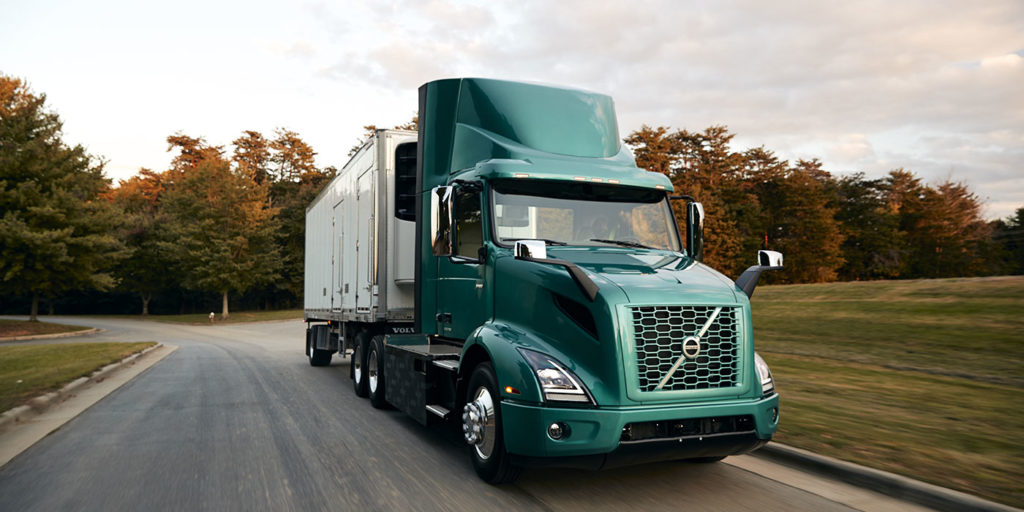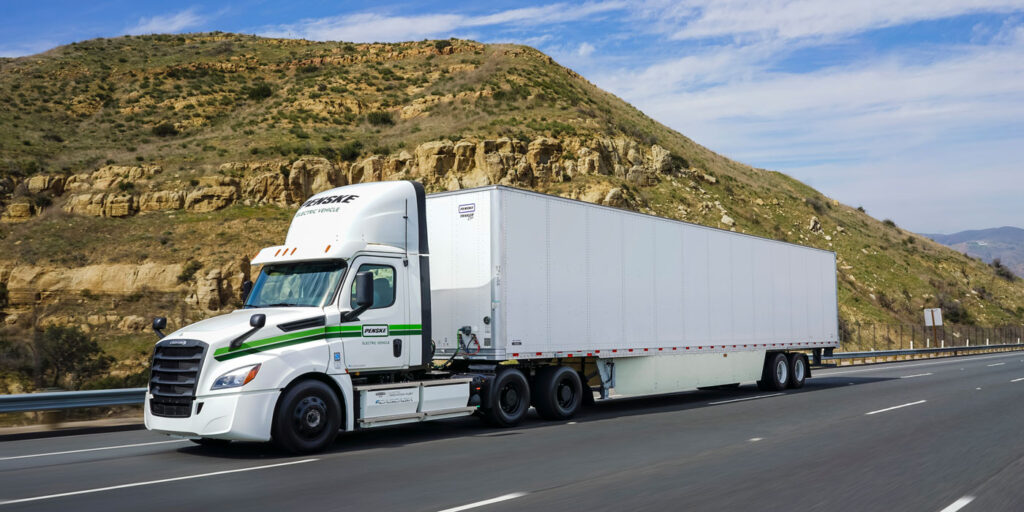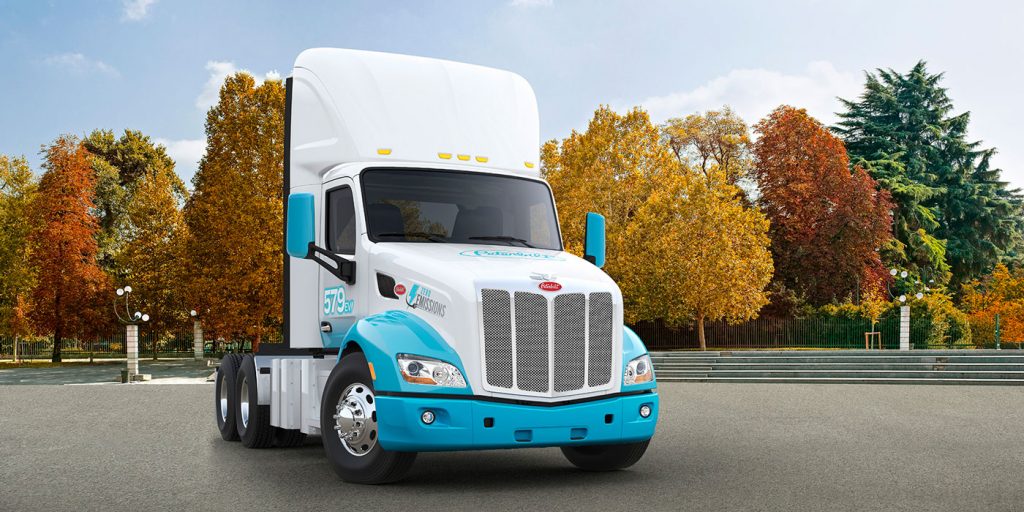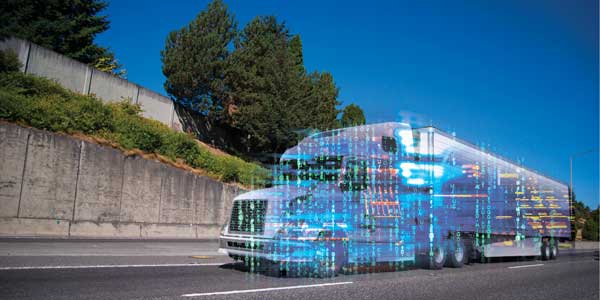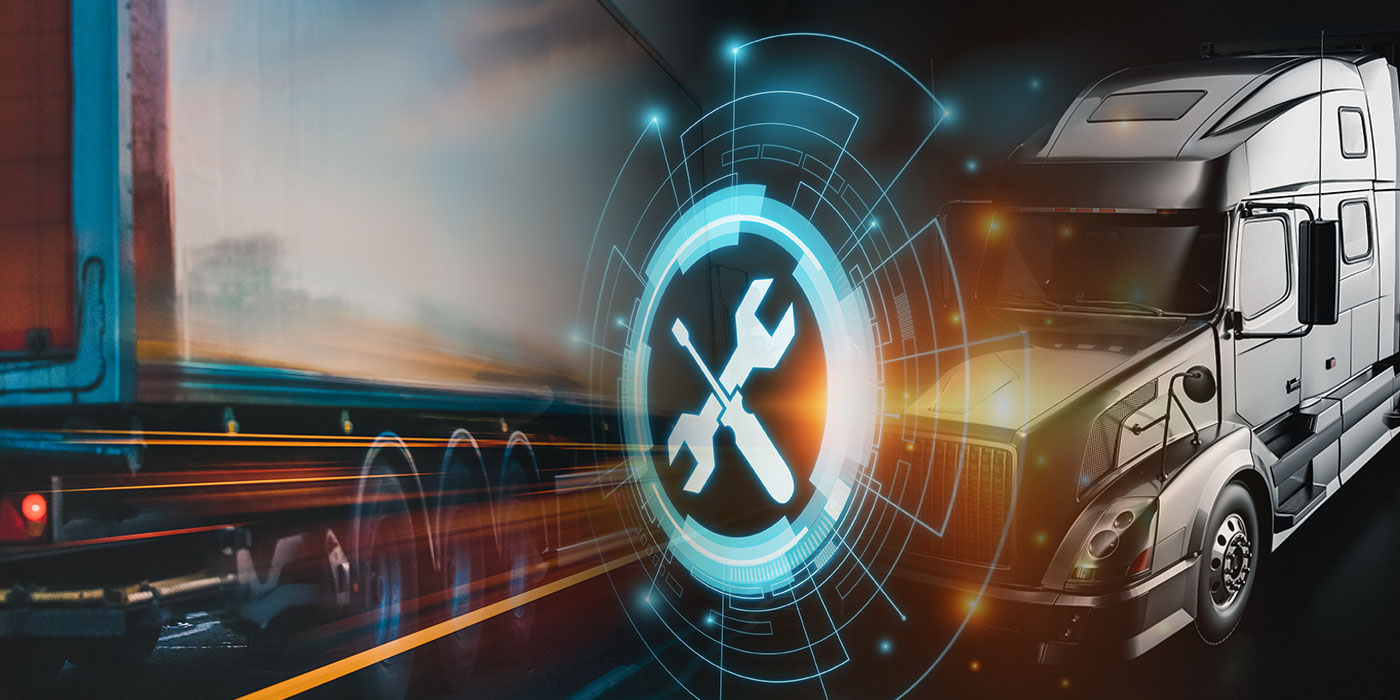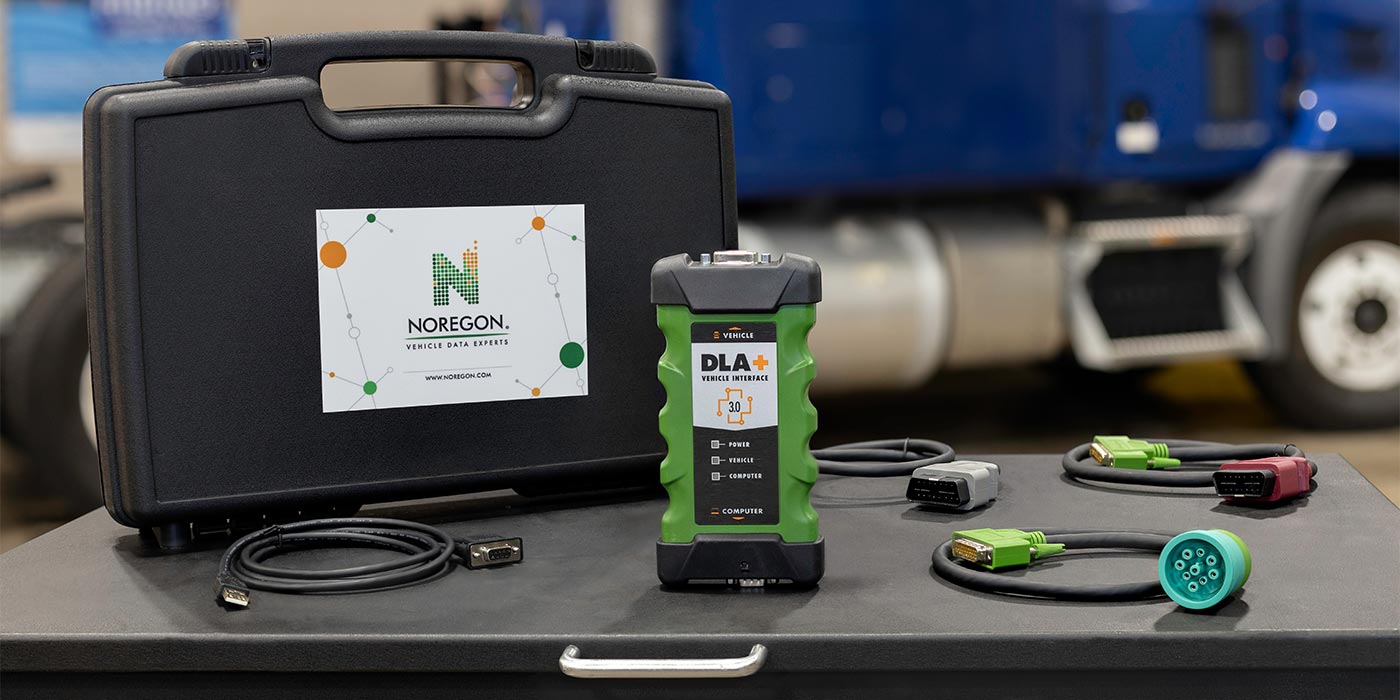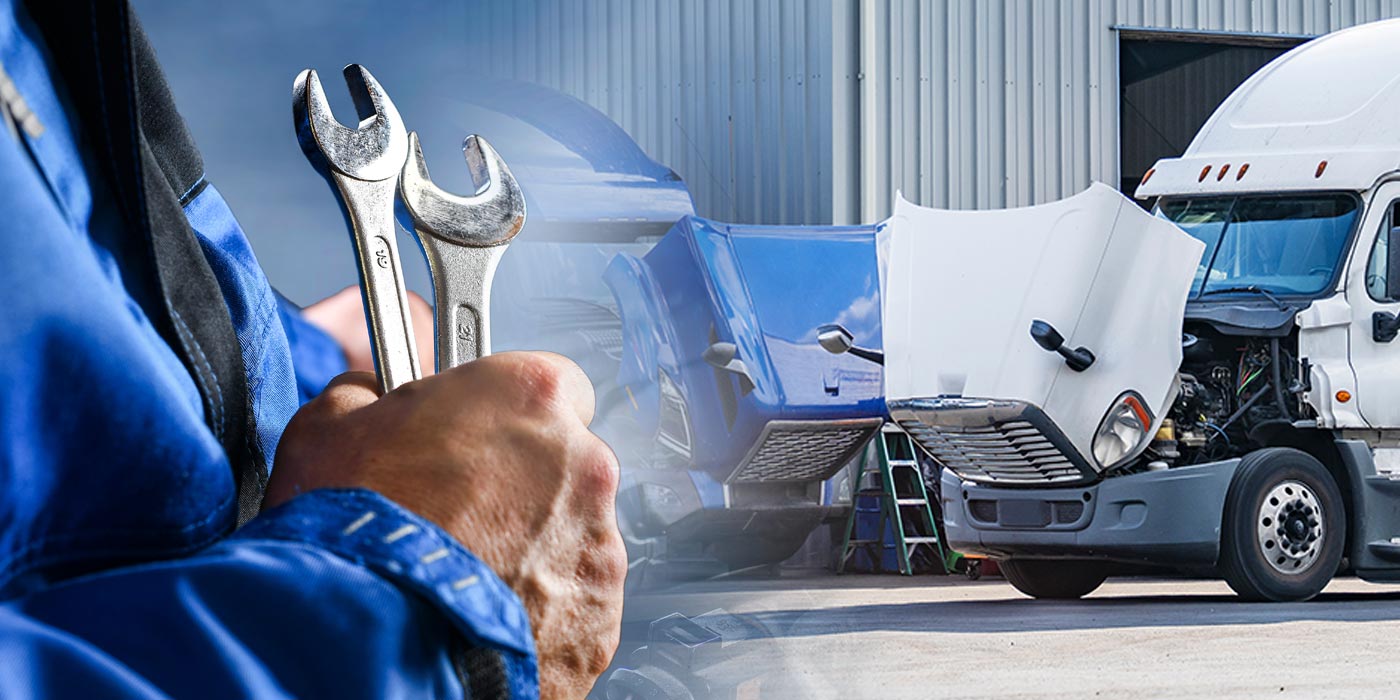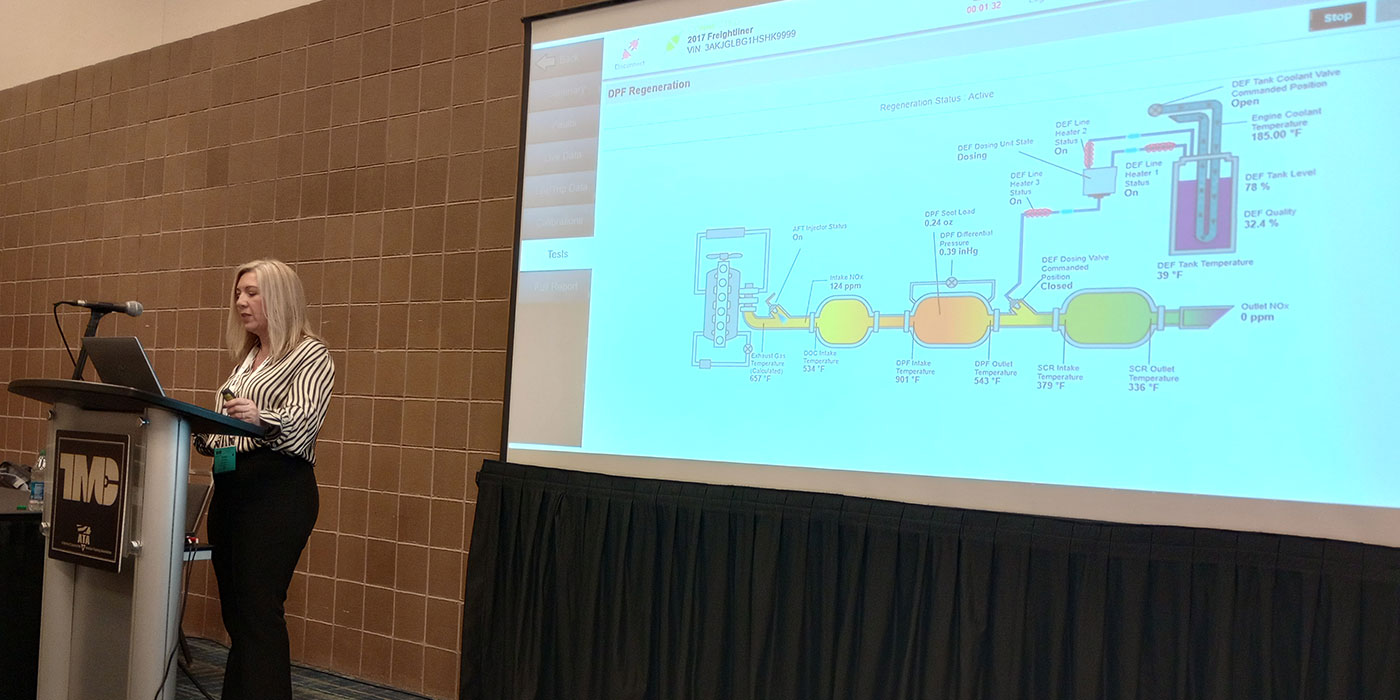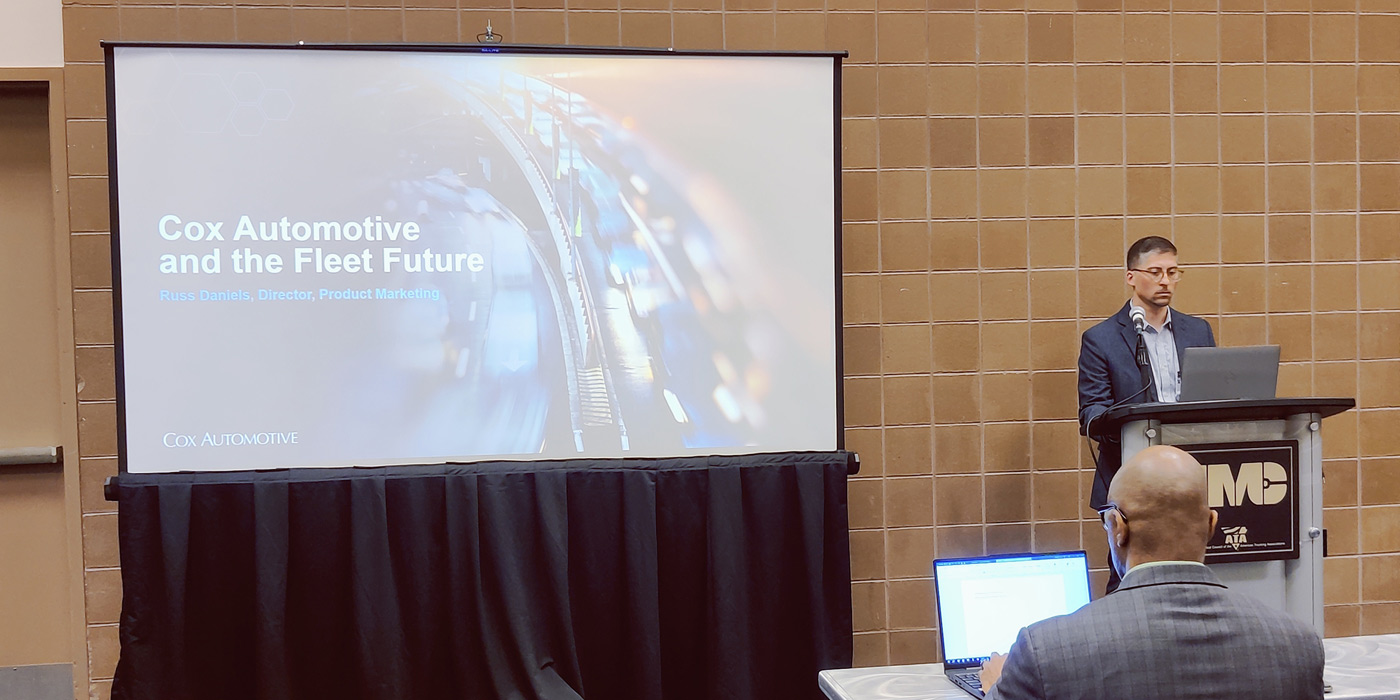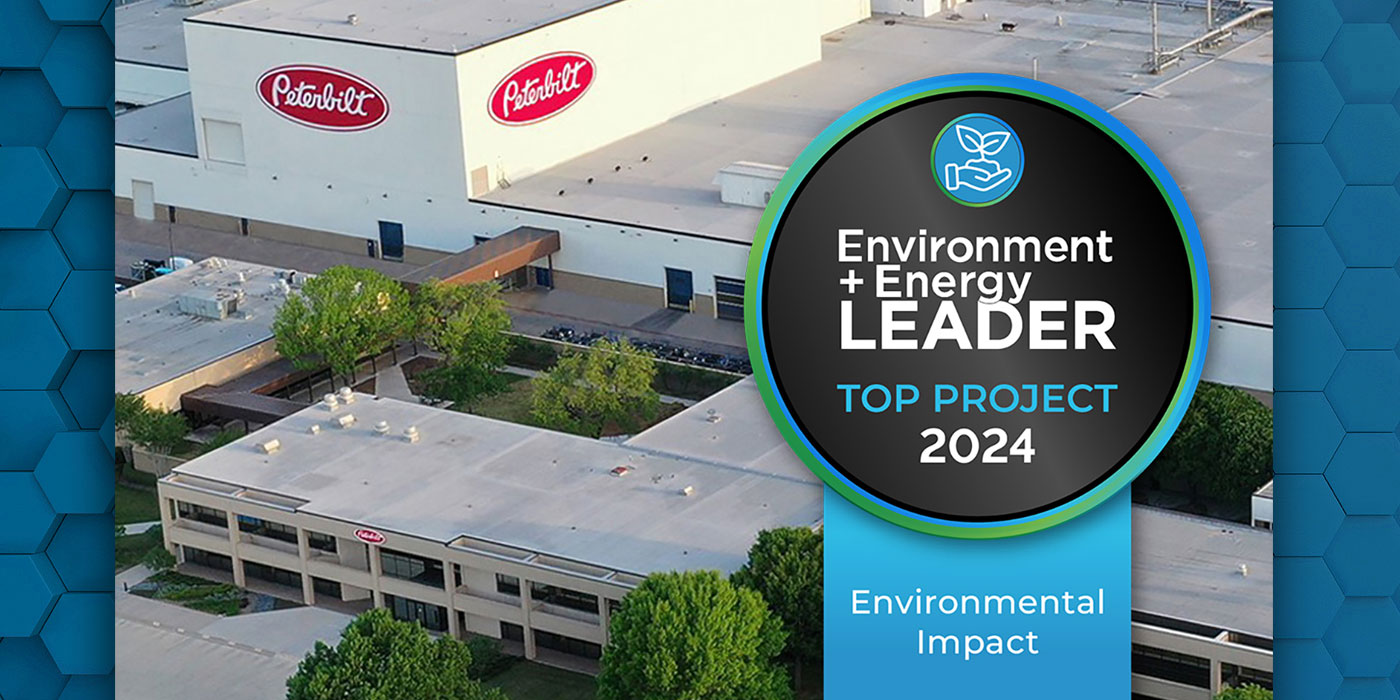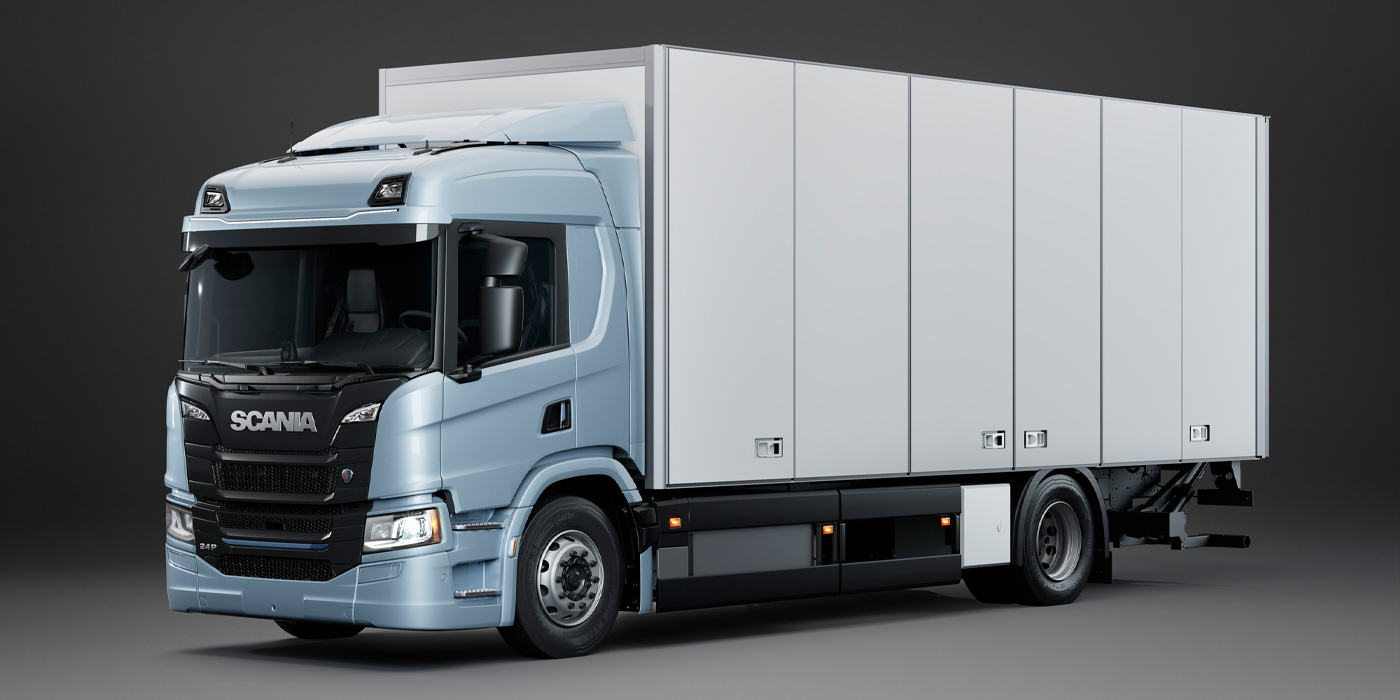So, once you know what steps to take to prepare your shop for the arrival of an electric truck (and if you don’t, read our story on how to do so), the next step, and it is a crucial one, is making sure that your technicians have all the information they need to safely and properly work on an electric truck.
First up is ensuring that your technicians are properly trained and qualified to deal with high voltage equipment.
“The hydrogen cell and battery-electric vehicles operate with very high voltage. Therefore, technicians need to know how to safely shut down and disconnect these systems prior to working on the vehicle, not to mention prior to working on any of the high-voltage components,” says Mike Hasinec, vice president of maintenance at Penske Truck Leasing.
Not all technicians need to be trained on high voltage usage, but it would not hurt to make sure that all technicians have at least a basic understanding of EV safety and precautions.
“For technicians that will be working on the mechanical and low-voltage systems of the vehicle, a short electrical safety familiarization course is all that is necessary,” says Greg Bowen, eMobility trainer at Daimler Trucks North America. “For technicians that intend to specialize in high voltage vehicles, we require a rigorous three-day high voltage electrical safety course and the technical service and maintenance course for HV vehicles. Additionally, all technicians that will be working with or around Lithium ION batteries will need a battery safety course.”
Beyond the high voltage concerns, a high level of electrical knowledge is also needed to properly service these trucks.
“With BEVs having large amounts of electrical energy stored onboard the vehicle, there are several precautions that need to be taken to prevent exposing service technicians to severe electrical shock,” says Peyton Harrell, Peterbilt’s director of dealer network development. “Motors, inverters, HVAC systems and the air compressor all are driven by high voltage AC current and require specific training to safely service.
“Training on the use of proper personal protective equipment and the inspection for reuse is critical,” he continues. “There are also several BEV- specific tools that are different than what we have traditionally been using in the repair facilities, and some training will be required for proper and safe use.”
“Technicians will need to be trained with the commissioning and decommissioning of an electric vehicle,” suggests Brett Pope, director of electric vehicles at Volvo Trucks North America. “They will need to know the protocols of the electrical system and have a good understanding of safety procedures associated with working on electric vehicles. They will need to have knowledge of the components that will require the vehicle to be decommissioned/commissioned prior to servicing and be able to identify the high voltage components. Training courses will need to be provided with certain levels of responsibility and structure in order to follow the procedures safely.”
It’s also important to go by the book when repairing these vehicles.
“For safety reasons, the time-honored methods of experimental troubleshooting are not allowed on high voltage systems,” DTNA’s Bowen says. “All service and repair evolutions on these vehicles must be performed strictly according to the approved, electrical safety-checked procedures in the service documentation.”
There are also a few hydrogen-specific items to be aware of as well if a hydrogen-powered truck joins your fleet.
“With the hydrogen cell system, the technician needs to know how to shut the system off prior to working on the vehicle once they bring it into the shop,” Penske’s Hasinec points out. “The hydrogen cell system also has an air filter for the blowers and compressor portion of the system and some use a de-ionizing filter for the coolant. The systems also have cylinders and a delivery system that require scheduled inspections.”
While all of that may seem like significant extra work for your technicians, it’s balanced out by the many components that are missing from EVs when compared to ICE vehicles. The transmission and engine are gone, for instance, and with them any associated regular maintenance such as changing oil and filters. Another important feature of EVs is regenerative braking, which should lead to reduced maintenance and replacement for the brakes and brake pads.
RELATED: Whether you’re running your own shop or working with a shop under contract maintenance, the service location will need to be prepared for an electric truck long before one ever enters its bays. Here are some things you will need to keep in mind on the service side if you’re thinking about investing in an electric truck.

